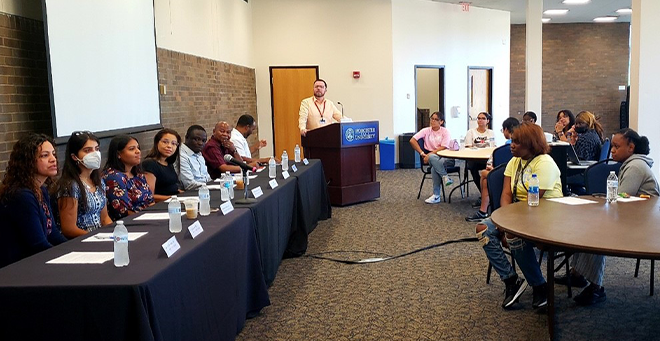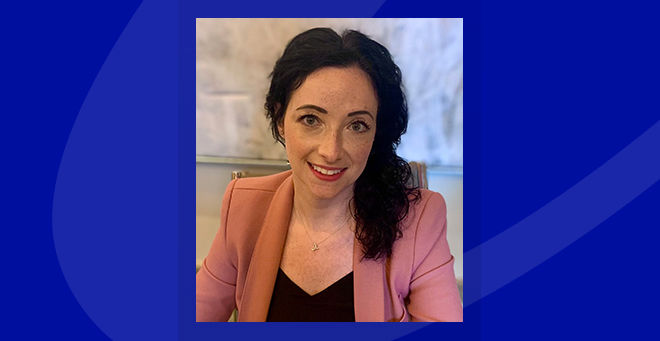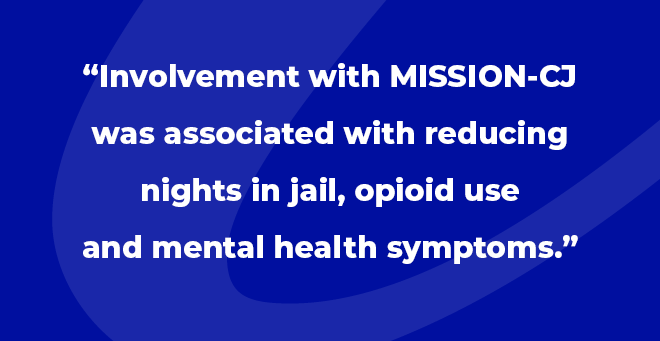
UMass Chan Medical School and the Worcester County Sheriff’s Office and Jail & House of Correction are collaborating on a pilot program studying substance use treatment programs available to incarcerated individuals.
The program, led by Ekaterina Pivovarova, PhD, assistant professor of family medicine & community health and clinical psychologist, will look at the substance use treatment programs offered at the jail and house of correction, including the six-month abstinence Substance Abuse Treatment Opportunity Program, or STOP, and compare the programs to other treatments being offered at the jail.
“We’re going to be studying the outcomes from the treatment programs, including how the individuals in those programs fare in the community and what they’re doing after they get out of jail,” Dr. Pivovarova said.
Pivovarova and her team received a $50,000 pilot project program grant from UMass Chan’s Center for Clinical and Translational Science, or CCTS. The pilot project aims to accelerate progress on research projects, especially proposals that emphasize community-based research, support the career development of new investigators, and feature collaboration between a clinical scientist and basic scientist.
“This is a great time to build relationships with the jail. They are changing some of the ways that they are providing treatment and expanding many of their programs. I’m excited that this is our first foray into it,” Pivovarova said. “It might be the first formal relationship between UMass Chan and the jail, but there is overlap in the types of populations that we serve.”
“Our partnership with UMass Chan has opened up a lot of opportunities to offer services at different levels, whether it’s for individuals who are in jail, or people out in the community in need of health services,” said Kara Reeves, director of inmate services at the Worcester County Jail & House of Correction.
According to Reeves, the grant will be used to gather and compare data on recidivism, and the number of overdoses and medical issues among individuals who have completed the jail’s abstinence programs. Three such programs are the six-month STOP program; the three-month ShortSTOP program for individuals with shorter sentences; and the treatment program for individuals who receive Vivitrol, an extended release medication to prevent relapse in individuals with opioid use disorder, on the day before they’re released from jail.
The Worcester Jail & House of Correction has started to offer other medication treatments for substance use disorders, including buprenorphine and methadone for individuals who are sentenced and have received this treatment in the community. The implementation of these treatments will be examined as part of larger, statewide study that is funded by the Justice Community Opioid Innovation Network of the National Institute of Drug Abuse.
“At the end of the day, we could find out that certain programs work for certain individuals because individuals need different paths. We are curious about how this works out in the long term. And that is why we’re thankful for the partnership with UMass Chan,” said David Tuttle, superintendent of the Worcester County Sheriff’s Office.
The Worcester County Jail substance abuse department comprises a team of 10 staff members, including eight full-time substance abuse counselors. A UMass Chan research coordinator will work with this staff throughout the pilot program to review treatment program records.


